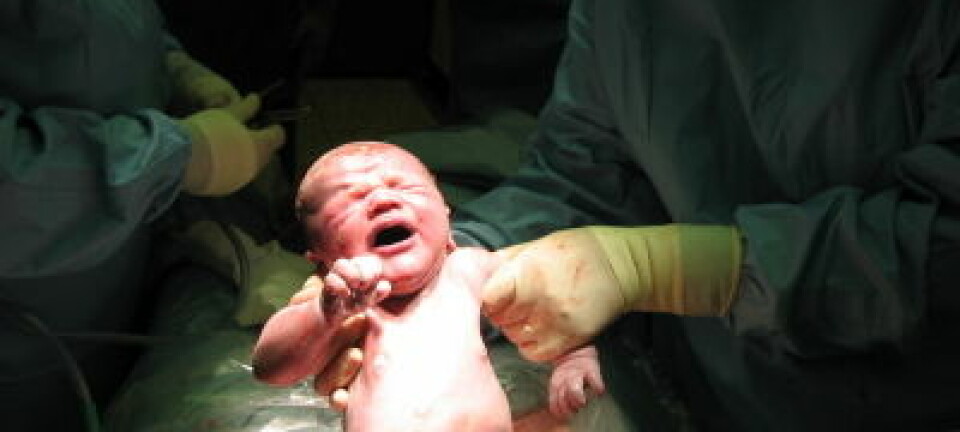
Gut bacteria sends signals to the brain to make us fat
Our gut bacteria send signals to the brain and encourage us to eat more, and may cause us to put on weight.
Your gut bacteria communicate with your brain and this could be making you fat shows a new study published in the journal Nature.
“It’s a fine study and it’s clearly based on a lot of work. This study lays the foundations [for future research], but it’s still exciting and a big step in understanding an important mechanism that leads to obesity and metabolic diseases,” says Henrik Bjørn Nielsen from the Institute for systems biology at the Technical University of Denmark (DTU), who was not involved in the new research.
It is the first evidence that our gut flora influences insulin and hunger regulation, and therefore obesity.
“We are now totally sure that bacteria in the gut have an effect on insulin production and obesity in rats,” says Nielsen.
Gut bacteria lead to a good appetite
In the new study, the scientists studied how gut bacteria in rodents can lead to obesity.
The scientists overfed mice and rats for two weeks with a high-fat diet. They discovered that the composition of their gut bacteria changed and they produced more of the short chain fatty acid, acetate, which is formed in the intestines when food is broken down.
The increased production of acetate was registered by the nerve cells around the animal’s gut, which sent a message to the pancreas to start producing insulin via the brains parasympathetic nerve system.
The animals also created more of the ‘hunger hormone’ ghrelin.
“The bacteria made the rodents feel hungrier when they ate fatty food, and then they were in a vicious cycle,” says Nielsen.
Obesity controlled by gut bacteria
The scientists removed all types of gut bacteria from the rodents to make sure that it was these specific bacteria that were linked to obesity. After surgery, they saw that the changes in acetate production completely disappeared.
From this, they concluded that it was not only the fatty food but the type of gut bacteria that resulted in increased levels of acetate.
"The microbiota [composition of intestinal bacteria] interact with the food to generate a surplus of acetate. And the signal is transmitted via the vagus nerve, which connects the gut with the brain,” says Nielsen.
The same mechanism probably applies to humans
But does the same mechanism also apply to us humans?
“I think it’s very likely that we’ll find the same process in humans. We too produce acetate, so it’s the same mechanism,” says Professor Oluf Borbye Pedersen, from the Novo Nordisk Foundation for Metabolism Center, the University of Copenhagen, Denmark.
Pedersen is about to embark on a project, which will analyse the same gut bacteria in humans.
“It’ll be interesting to see if we can break the cycle and remove the bacterial species that produce too much acetate and thus overstimulate insulin production in obese people," he says.
----------------
Read the Danish version of this article on Videnskab.dk
Translated by: Catherine Jex










